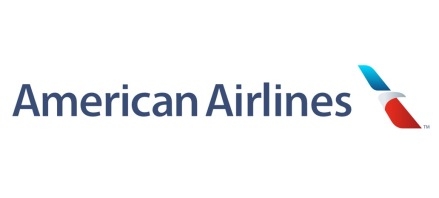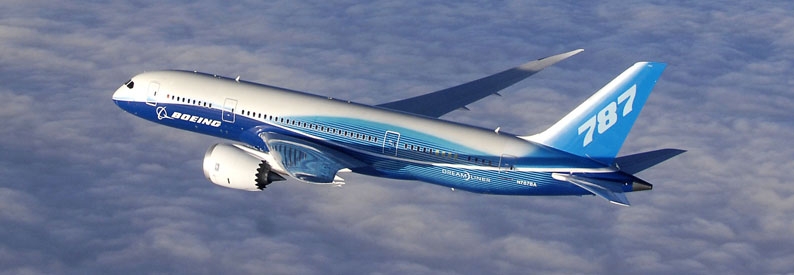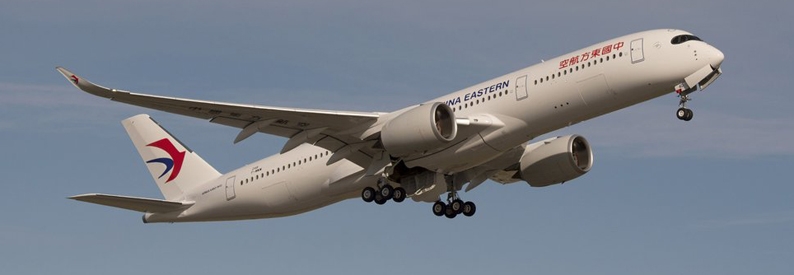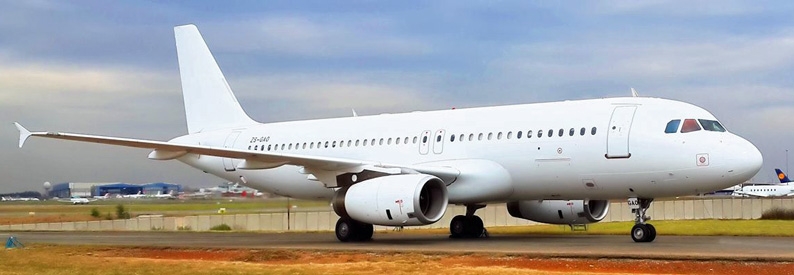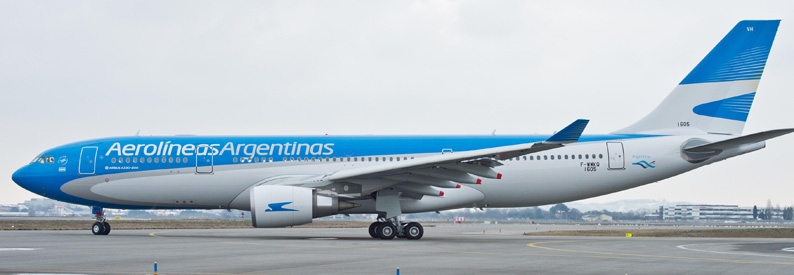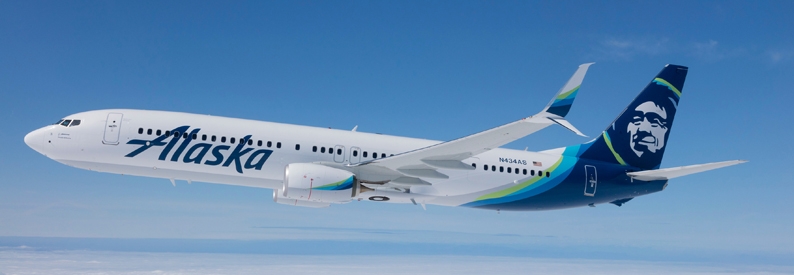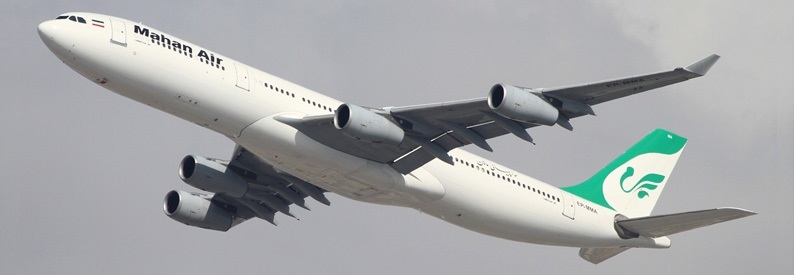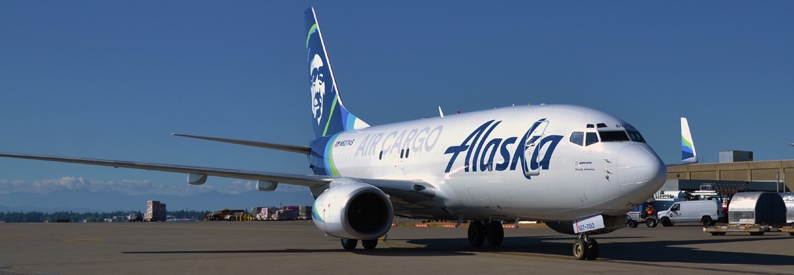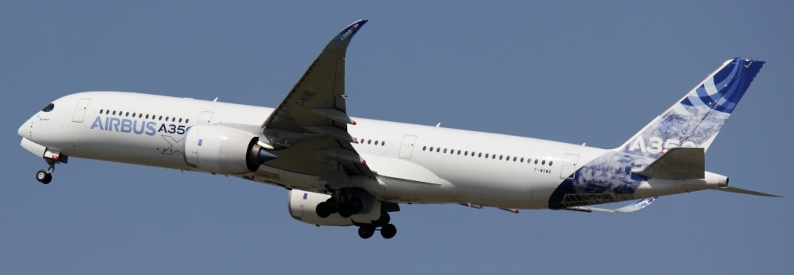American Airlines (AA, Dallas/Fort Worth) commissioned a report, in conjunction with United Airlines (UA, Chicago O'Hare) and Delta, to prove their claims that the governments of Qatar and the United Arab Emirates (UAE) have collectively provided subsidizes to their respective carriers - Qatar Airways, Emirates, and Etihad Airways (EY, Abu Dhabi International) - to the detriment of US airlines.
In its analysis of the confidential report, business wire, The Source, says the three Gulf Cooperation Council (GCC) carriers are alleged to have received more than USD40 billion in state-subsidies since 2004 in forms including cash grants, interest-free loans, favourable contracts with airports, vendors and suppliers funded and generally owned by their governments.
The three US carriers allegedly plan to use the report's outcome to further lobby the Obama administration into either reviewing or repudiating Open Skies agreements signed between the United States and the United Arab Emirates (UAE) and Qatar in the late 1990s. The US carriers claim the existing agreements are biased in favour of the GCC countries, whose unfettered access to the enormous American market cannot be compared to US carriers access to the relatively small Gulf market.
“We welcome robust competition provided the playing field is level,” the three US airlines said. “A reopening of those open-skies agreements is the first step and the right step to ensure competition is preserved and enhanced.”
On the issue of subsidization, the Gulf carriers have countered that US carriers cannot point fingers at anyone as they too have benefited from government assistance with USD5billion in Congress-approved financial assistance as well as USD10 billion in loans having been disbursed following the September 11 attacks of 2001.
That note, however, lead Delta Air Lines (DL, Atlanta Hartsfield Jackson) CEO Richard Anderson to insinuate a link between the September 11 attacks and the Gulf carriers during the February 18 edition of CNN's "Quest Means Business" show.
“It’s a great irony to have the United Arab Emirates from the Arabian peninsula talk about that, given the fact that our industry was really shocked by the terrorism of 9/11, which came from terrorists from the Arabian peninsula,” he was quoted as saying.
As expected, Anderson's remarks touched off a storm with rival CEOs in the Gulf with Emirates (EK, Dubai International) president Timothy Clarke saying Anderson "had overstepped the mark." Though the Georgia-based carrier later issued an apology and an attempt at contextualising their CEO's comments, Emirates outright rejected them as being 'deliberately crafted' and 'delivered for specific effect.'
"This brings into question his credibility as a CEO of a US public listed company, as well as the integrity of the submission which his airline has submitted to the US authorities,” an Emirates spokesman said.
Responding to Anderson's other comments claiming the GCC carriers had benefited from "tens of billions of dollars in direct government subsidies" in a follow up edition of "Quest Means Business", Qatar Airways (QR, Doha Hamad International) CEO Akbar al Baker said the Qatari government had not subsidized his airline, but rather, had taken equity in it.
"Quite frankly, I think Mr Richard Anderson needs to go and study in a university to find out what the difference is between equity and subsidy," he said.
In late 2014, Delta attempted to block the GCC carriers from accessing US loan guarantees via the Export-Import Bank of the United States (Ex-Im Bank) needed to acquire jets from Boeing (BOE, Washington National). It also added its opposition to the granting of 5th Freedom Traffic rights to Emirates for its Milan Malpensa to New York JFK service which will graduate from its current daily B777-300(ER) to a daily A380-800 later this summer.
